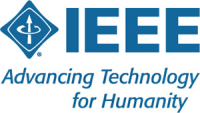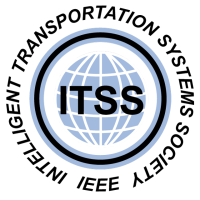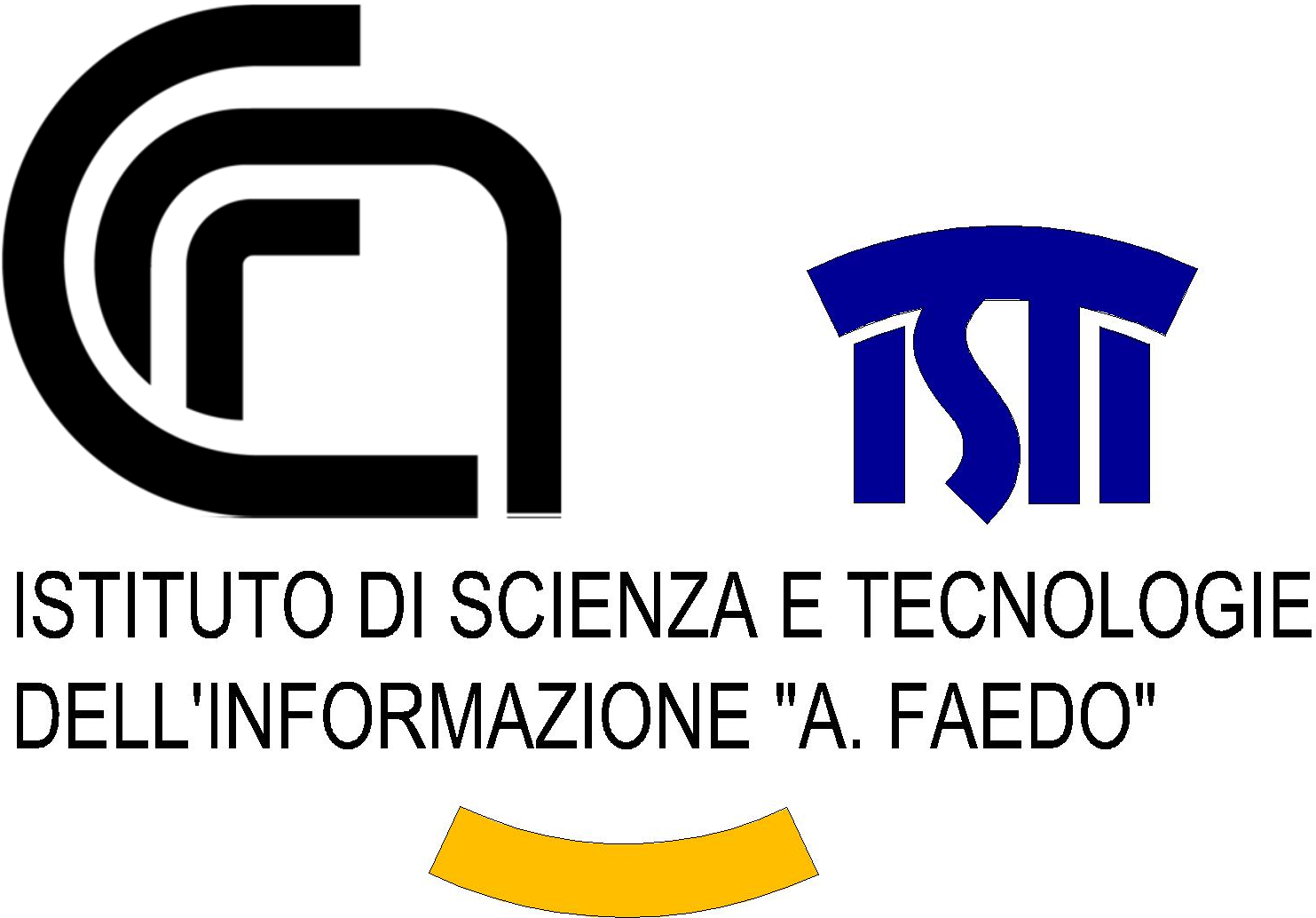Tutorial and Workshop
Access to tutorials gives access to either the tutorial or the workshop.
Deep learning methods: a practical approach
Francesco Morandin
University of Parma (IT)

Deep learning methods can be effectively used in classification and regression/estimation tasks with high dimensional input, provided that large training data sets are available.
The tutorial starts with a presentation of classical neural networks concepts: perceptron, multilayer neural networks, backpropagation, stochastic gradient descent, convolutional neural networks. We proceed with recent developments in deep learning, such as unsupervised weight initialization, autoencoders, cross-entropy, dropout. A special focus is given to two tools readily available to the researcher: Tensorflow and Keras.
Practical examples/tasks are given. (tentative program)
Francesco Morandin is associate professor in probability and statistics at SMFI Department of Parma University, with two main research fields: analytical results about shell models of turbulence and applied tasks in data science. Recently he has been working on deep reinforcement learning and leads an inter-university research collaboration that is developing innovative A.I. agents for perfect information games such as Go. He is a member of the Italian Mathematical Olympiad Committee.
Data collection workshop
Joaquín Torres Sospedra, Antoni Pérez Navarro
Universitat Jaume I (ES), Universitat Oberta de Catalunya (ES)


IPIN conference has held a Smartphone-based competition since 2015. The first edition provided a multi-building multi-storey dataset with just Wi-Fi data for fingerprinting-based approaches. Due to the popularity of smarphone applications, the competition moved to a multi-sensor dataset in 2016. The same format, with minor changes, has been used since that.
This hands-on tutorial is devoted to showing the procedure and strategies we have used to collect the training data for the IPIN competition and build a challenging evaluation dataset. The long-term objective of the tutorial is to enable the community to extend the current indoor navigation datasets in a format that will not be strange for the community, enhancing comprehensive comparisons and reproducibility research.
Joaquín Torres-Sospedra is a postdoc at the Institute of New Imaging Technologies (Universitat Jaume I, Castellón, Spain). His research interests include, but are not limited to: machine learning, smartphone-based positioning, Wi-Fi/BLE fingerprinting, evaluation. He is currently the chair of the International Standards Committee of the IPIN Conference (IPIN-ISC).
Antoni Perez-Navarro is aggregate professor in the Computer Science, Multimedia and Telecommunication department (EIMT department) at Universitat Oberta de Catalunya (UOC) in the fields of Physics and Geographic Information Systems GIS). His research interests are indoor positioning systems, mainly based on magnetic field and taking into account crowds influence in precision; and prevention in eHealth. He currently holds the position of Deputy Director of Research at eLearn Center at UOC.



























